 Lancaster
Lancaster  |
Media
|
Media
 Lancaster
Lancaster  |
Media
|
Media
Aircraft of Bomber Command
Canadian Built Avro Lancasters
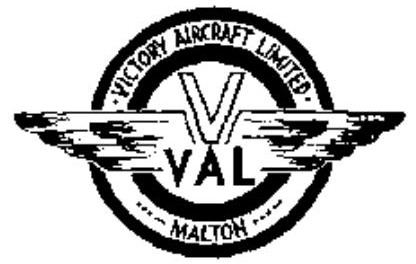
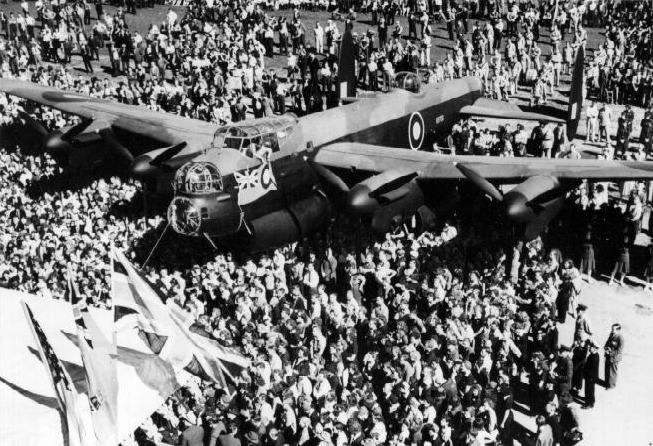
|
A workforce of ten thousand completed 430 Mk X's during the war, most of which were assigned to the squadrons of No. 6 Group, the Canadian component of Bomber Command. With much fanfare the aircraft took off for England piloted by S/L Reg Lane DSO DFC, who had completed two tours of operations and was one of the war's most decorated Canadians at the time. Clyde Pangborn, an experienced Transatlantic Ferry Command pilot, was seconded to the crew for the flight across the Atlantic. During May 1945, Clyde Pangborn flew Lancaster FM159, the aircraft that became the Bomber Command Museum of Canada's Lancaster, across the Atlantic. (Lt. Gen. Lane was guest speaker at the museum's official opening in 1992). |
|
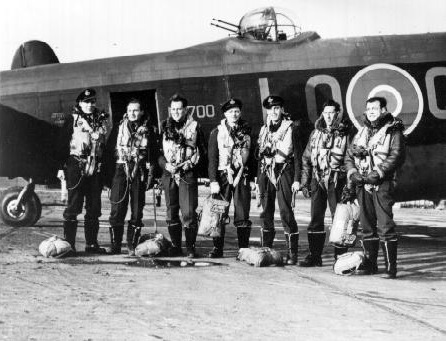
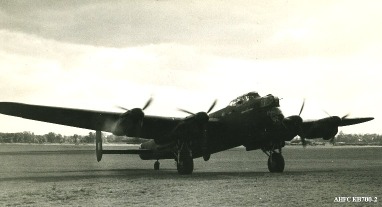
|
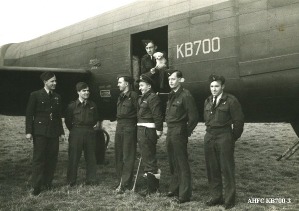 |
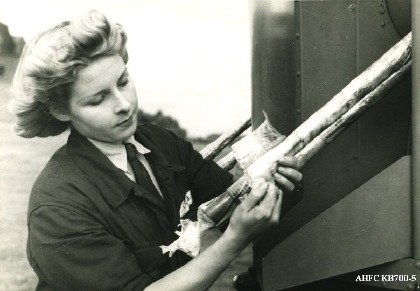
|
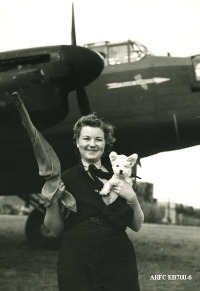
|
The "Ruhr Express" flew two operations with No. 405 Squadron before completing its service with No. 419 "Moose" Squadron. On January 2, 1945 KB-700, the first Canadian built Lancaster, experienced hydraulic problems while attempting to land following a raid to Nuremberg, its 49th operation. The flaps would not deploy properly and, after overshooting the runway, the aircraft ended up in a farmer's field where it collided with a trench digger. Amid exploding ammunition the crew escaped but fire destroyed the aircraft. The loss was particularly sad, especially when viewed over fifty-five years later, because the plans were to fly the "Ruhr Express" back to Canada following its fiftieth operation, for a triumphant return and to become a memorial to the Canadians who built and flew Lancasters. So ended the first plans for a Lancaster to be placed on display in a Canadian museum.
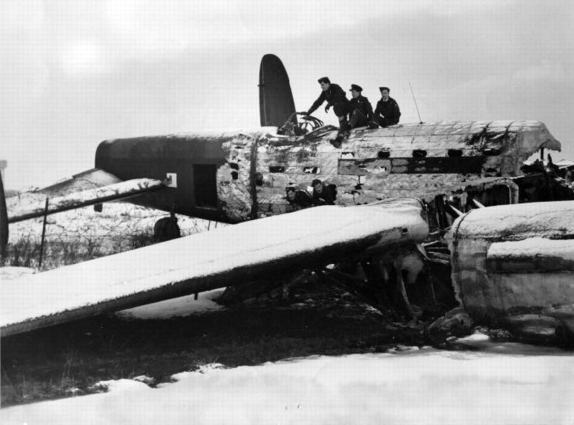
|
May the Gods above you ever bless, And keep you safe, the Ruhr Express, May you do your job and do it well, And blow the Axis clean to hell. We saw you born you wondrous thing, We watched you grow and then take wing, May you fly long though war-torn days, And give us cause to sing your praise. The job is hard you have to do, But, we have faith you'll see it through, May we have ever cause to bless, Our new ship born, the 'Ruhr Express.' |
We have waited long to see the day, When you would take wings and fly away, At last you roar a thunderous tune, And Hitler too will hear it soon. So here's to you the 'Ruhr Express,' Speed on your way, may Heaven bless, Your every effort this war to cease, So once again we live in peace. Here's to the men your gallant crew, The RCAF who will see you through, God Save The King, may Heaven bless, Your crew and you, the 'Ruhr Express.' |